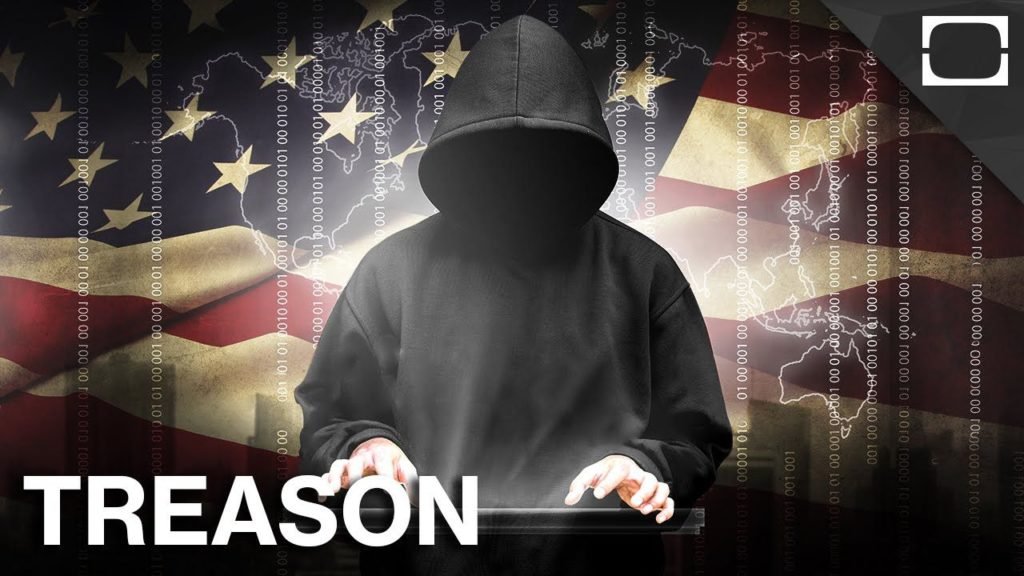Constitution’s Definition Of Treason

Constitution’s Definition Of Treason
Treason is the main wrongdoing characterized by the United States Constitution. Article III, area 3, proclaims that:
“Treason against the United States will comprise just in requiring war against them, or in holding fast to their foes, giving them help and solace. No individual will be indicted for treachery except if on the declaration of two observers to the equivalent plain act, or admission in open court. The Congress will have the capacity to proclaim the discipline of treachery, however, no attainder of conspiracy will work defilement of blood, or relinquishment except during the life of the individual attainted.”
Meaning of Treason
Treason can be characterized in various manners. For our motivations here, we will characterize it as any demonstration that enables an outside nation to assault, make war, oust, or generally harm the trickster’s nation. On the off chance that you contrive to enable an outside capacity to assault your nation, you are liable for conspiracy. Those that submit injustice are alluded to as deceivers
Therefore, to guarantee that conspiracy couldn’t in like manner be co-selected political or individual purposes, the Constitution’s drafters not just characterized it accurately (it’s the main offense explicitly characterized in that record).
As a government offers court clarified in 1986: “The purpose behind the prohibitive definition is clear from the chronicled scenery of the injustice condition. Accordingly, treachery is, in certain regards, the most explicit wrongdoing in our lawful framework — and surely among the hardest to demonstrate.
Because of this history, a ton of things that may appear or feel like treachery to easygoing spectators doesn’t, actually, approach. In any event, during the stature of the Cold War, when Julius and Ethel Rosenberg were attempted, sentenced and executed for passing on atomic insider facts to the Soviet Union, the charge against them was surveillance, not injustice.
Undoubtedly, there’s no law against the informal abuse of a legitimate term. In any case, the more we utilize the t-word to allude to lead that doesn’t remotely look like the sacred definition, the more we are persistently choosing to disregard the corrupt history of treachery that prompted its remarkable treatment in the U.S. Constitution.
What’s more, as the Spanish thinker George Santayana reminds us, the individuals who neglect to ponder history are destined to rehash it. Maybe that is the reason 20% of the respondents to the Public Policy Polling review likewise addressed that they do accept that neglecting to represent — and acclaim — the president is an injustice. That is not a treasonous perspective, yet it positively is a un-American one.








